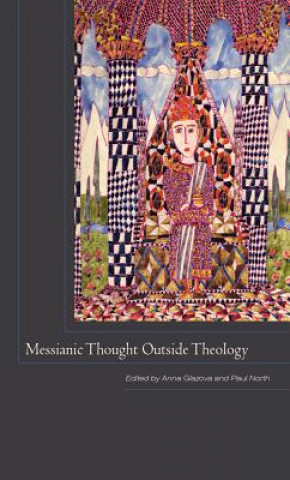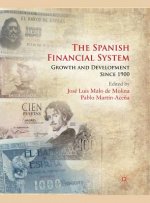
Dostawa
Doradca ds. zakupów





Jednak się nie przyda? Nic nie szkodzi! U nas możesz zwrócić towar do 30 dni
 Bon prezentowy
O dowolnej wartości
Bon prezentowy
O dowolnej wartości
Bon prezentowy to zawsze dobry pomysł. Obdarowany może za bon prezentowy wybrać cokolwiek z naszej oferty.
Messianic Thought Outside Theology
 Angielski
Angielski
 272 b
272 b
 common.delivery_to
common.delivery_to
30 dni na zwrot towaru
Mogłoby Cię także zainteresować


Contributors to Messianic Thought outside Theology respond in diverse ways to two questions: Why did a "secularized" concept of messianicity seem so crucial for philosophy and critical theory in the 20th century? And: Are messianic structures even intelligible outside the theological systems in which they were invented? These questions arise now, after the fervor for messianic thinking in ethical, ontological, and literary theory has largely subsided, when the basic contours of the long messianic moment are becoming visible. In the work of Walter Benjamin or Franz Rosenzweig, for instance, messianism detached from the person of the messiah and was understood as a redemptive potential inherent in all human history. This is one facet of a broad move, in political theory, ethics, ontology, and theories of history and language, to redeem secular thinking from its perceived failures by means of theological figures. Yet, already within religious discourse the messiah figure is highly paradoxical, and it remains paradoxical when transplanted. The persistent paradox is roughly the following. Mention of a messiah invokes a future, a "to-come" that, even if its date and contents are indeterminate, forms part of a conservative structure. With the invocation of a future arrival, history is opened as that which obtains as long as the end has not yet arrived. It has an open or free quality. With an opposing gesture, however, the assumption of an ultimate arrival in fact precedes history, making history itself highly deterministic. The coming arrival, so certain, so complete, will have already come in an anteriority that seems to cancel the future and close down historical life before it starts. The use and abuse of this paradox is brought into focus over the course of the collection.
Informacje o książce
 Angielski
Angielski




 Jak kupować
Jak kupować
























